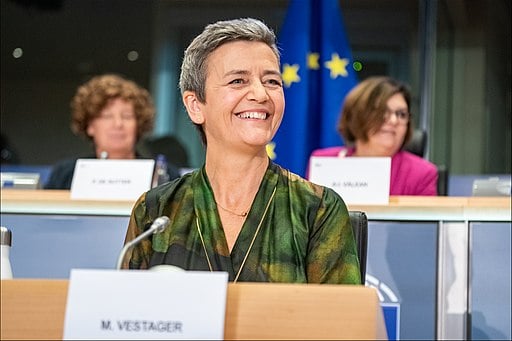Margrethe Vestager, the European Commissioner for Competition, has recently stated that she wants to take some time to study and understand the metaverse in depth before she can decide how to regulate it by building an ad hoc regulatory structure in force in the European Union…
Summary
Changes in the metaverse
The promise of the metaverse is that of a virtual world that will redefine the paradigms of everyday life.
The changes it brings are endless: it could change the way we work in teams, how we attend concerts, our travel and social experiences with friends. Moreover, and even more importantly, this world on the border between reality and fantasy will also, above all, redefine the experience of buying goods and services.
The possibilities of monetization through this new reality seem to be endless. Therefore, a real race to conquer the phygital universe has been triggered by the big industries (fashion, gaming and art) and, at the same time, government authorities have begun to feel the need to draw up specific regulations for this recent digital innovation.
It must be said that this new hi-tech milestone has become much sharper since Facebook announced last 2021 the rebranding of the company, which is now called Meta.
When Big Tech like Facebook, Microsoft and Redmond start to take clear and public positions, the sense that things are really changing becomes in a directly proportional way stronger and clearer.

The European Union and the Metaverse
At an online event, Margrethe Vestager in fact stated:
“The metaverse is here already. So of course we start analysing what will be the role for a regulator, what is the role for our legislature”.
She continued:
“Everything we do must be fact-based and based on the information that we can get… We need to understand it before we can decide what actions would be appropriate”.
Facebook has actually been in Vestager’s crosshairs for a while now, it seems she has issues with the data collection and use by the US company.




